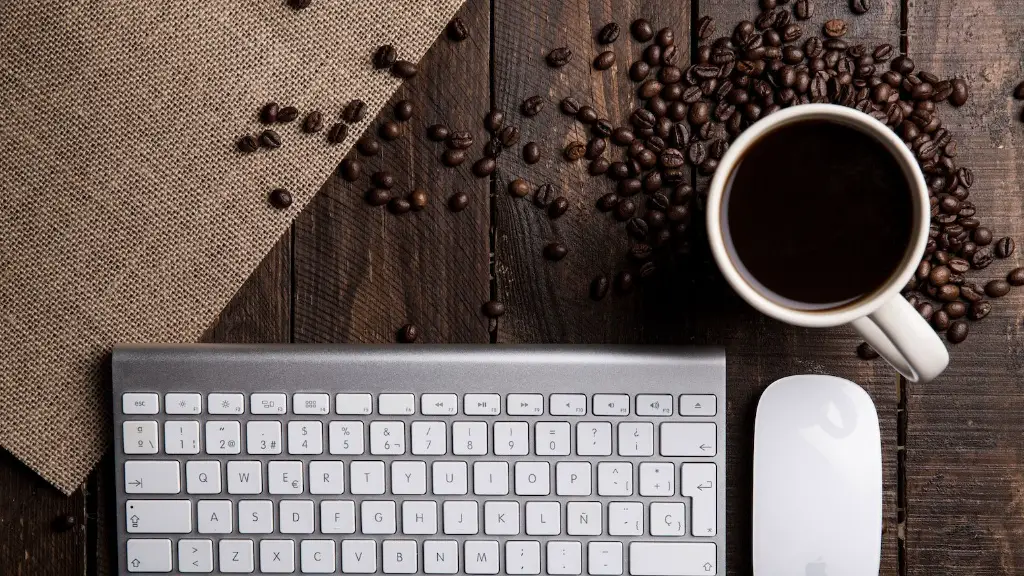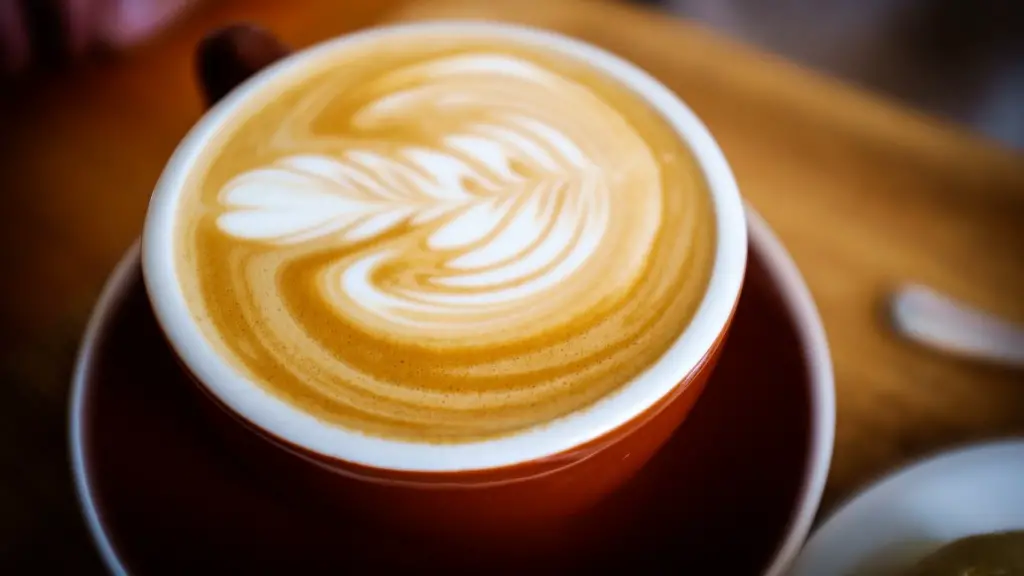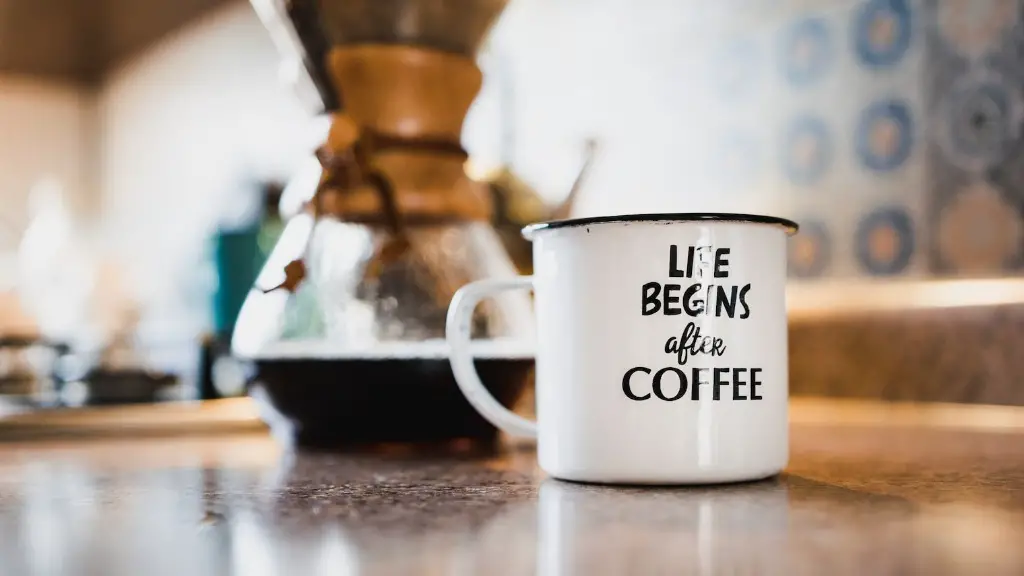Few experiences are as traumatizing as a tooth extraction. It is a dental procedure that entails removing a tooth from its socket and a lot of people experience fear and anxiety days before the extraction because of the fear of pain and discomfort. Even though the procedure is quite uncomfortable, it is crucial to maintain oral health and its aftermath can be more painful than the extraction itself.
After an extraction, there are several things to avoid in order to ensure that the area is sealed properly and that the wound can heal without suffering any infections. One of these things is drinking coffee, as it can cause an inflamed gum or an infection, as well as worsening pain in the extraction area.
Most dentists are aware of the potential damage that coffee can do to a fresh extraction and advise their patients to avoid it until the wound has completely healed. Some experts also state that drinking coffee directly after the procedure won’t affect the recovery process, as long as it is done with moderation, but it is still not recommended because the worst effects can occur right after the extraction.
Since coffee contains caffeine, a natural stimulant, it can increase the tempo of your heartbeat and cause the blood flow to the extraction side to be faster than the average, making it prone to infections or an inflamed gum. Furthermore, drinking too hot beverages can cause damages to the wound, increasing the risk of developing an infection.
Alternatively, some experts suggest that having iced coffee after an extraction can be beneficial as long as it is sweetened with natural sweeteners. There’s a huge debate surrounding this topic, as some believe cold drinks can help reduce pain and inflammation in the wound, while others think that this can weaken the area.
In order to avoid infection or pain, it is crucial to follow your dentist’s advice and wait for the wound to completely heal before drinking coffee. If you must have a cup of coffee, choose cold drinks with natural sweeteners and try to drink it slowly. Avoid extremely hot temperatures and excessive amounts if possible.
Alcohol and beverages
Alcoholic beverages should also be avoided after an extraction, as they can slow down the healing process and can lead to oral dryness and dehydration. Drinking too much alcohol can also interfere with the blood clot that forms after the extraction, increasing the risk of dry socket, a condition that provokes intense pain.
The same applies to carbonated beverages as they contain sugar and acid that can interfere with the healing process and weaken the gum area. Also, they can cause excessive bloating and dryness, which can be very uncomfortable, as well as messing with the wound’s natural healing process.
Spicy and acidic food
Spicy, salty and acidic foods contain compounds and ingredients that can increase the chances of having dental sensitivity and weaken the socket of the extraction. Due to this, it is advisable to wait for at least a week before eating these types of food, as they can cause inflammation and pain in the wound as it is still trying to heal.
Also, eating harder food can cause the wound to exercise, which can be uncomfortable and can even provoke teeth to move from their socket. For the same reason, it is better to avoid crunchy, chewy and hard food, such as chips, raw carrots, hamburgers and so on.
Instead, you should focus on eating softer food, like proteins, yogurt, soups, porridge and so on. These are easier to chew, so they will exercise the wound as much and will also help to avoid further inflammations.
Painkillers
Painkillers and medication can be useful to reduce inflammation, pain and soreness caused by the extraction, but some of them can increase the risk of developing an infection. That is why taking medication directly after the extraction is not recommended, as it can compromise the healing process and give pathway to infections.
Regarding painkillers, it is recommended to use ibuprofen because it can reduce swelling, soreness and pain. However, it is important to follow your dentist’s instructions when it comes to taking painkillers and other types of medication to reduce the chances of infection.
Brushing and flossing
It is recommended to wait a minimum of 24 hours after the extraction before brushing or flossing the area. This is because the extraction area can still be fragile and those activities can cause bleeding or even damage the wound while it is healing.
When it is time to start brushing and flossing again, it is important to use it carefully. Also, using a soft-bristle brush can help to avoid hurting the gum area, as well as using mouthwash to eliminate bacterial plaque.
Conclusion
It is crucial to be very careful after a tooth extraction, as there are several activities that can cause damage to the wound, such as eating spicy and acidic food, drinking coffee, brushing and flossing too soon, consuming alcohol and other beverages, and taking medication. Even though it is important to follow the dentist’s advice, drinking cold and sweetened coffee carefully can be beneficial to reduce pain and inflammation.




